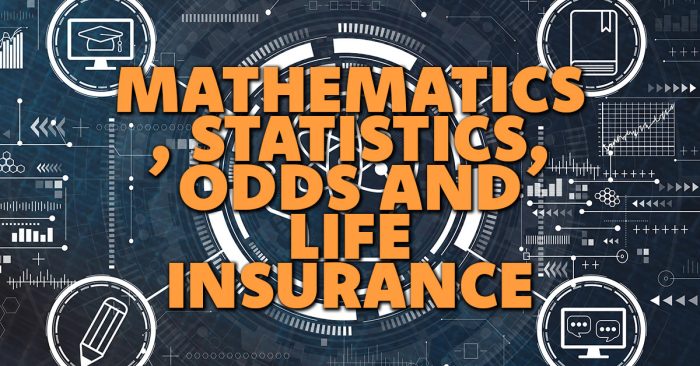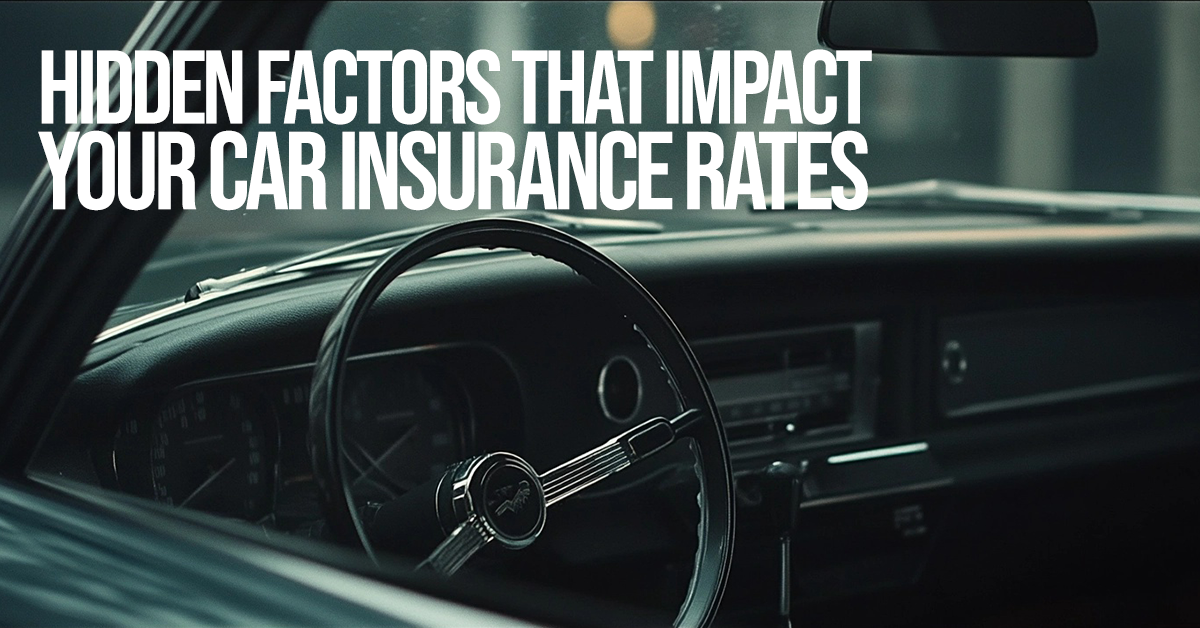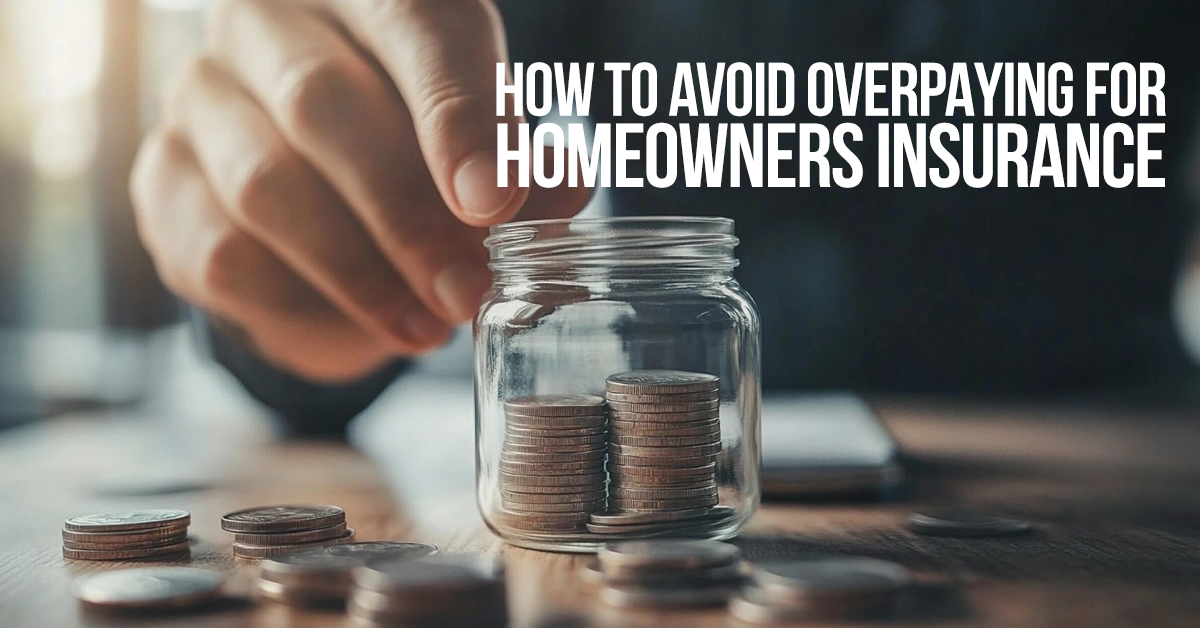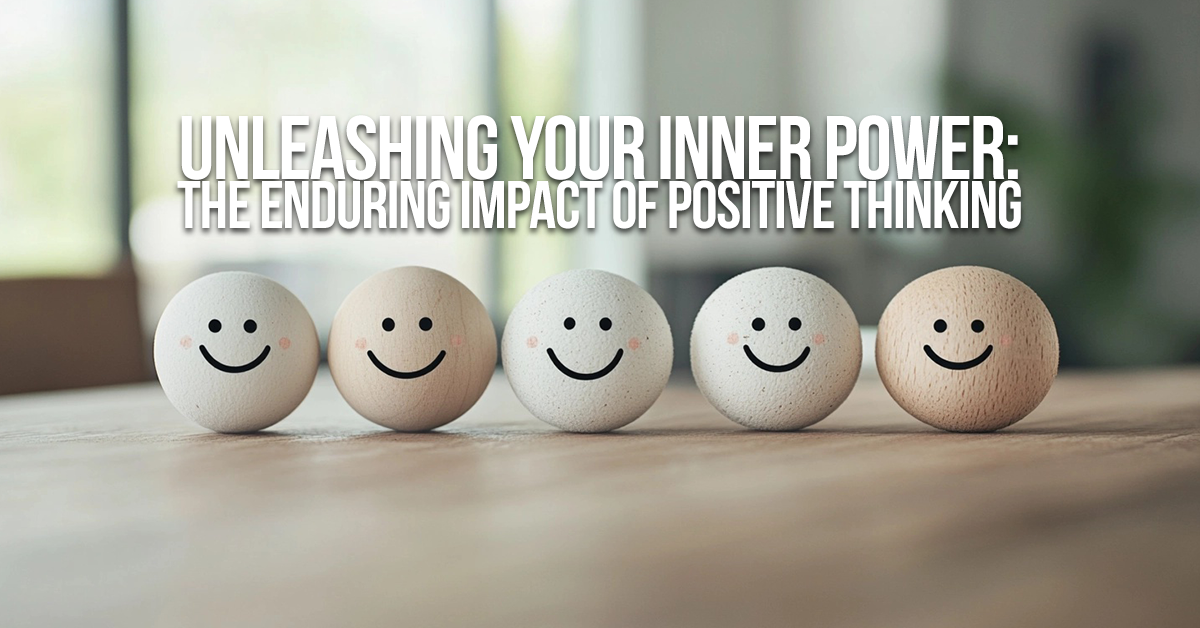
Mathematics, Statistics, Odds and Life Insurance
Life is a series of circumstances, odds, and coincidences. Statistics can project the chances of just about anything happening. For example, statisticians estimate the odds of winning a Mega Millions or Powerball lottery jackpots at about one in 300 million. While those odds seem astronomical, if every adult in the country had one ticket, the odds would be about the same for us all.
We can also view odds in comparison with the likelihood of another event happening. The chances of dying in a plane crash are about one in 11 million, far greater than winning the lottery. If you’ve heard the odds of getting struck by lightning are greater than winning the lottery, that is correct. The chances of getting struck by lightning are about one in 700,000, some 43 times greater than winning the lottery.
Part of what makes life so interesting is the fact that it is full of both certainties and uncertainties. We know, for example, we are going to die but yet we don’t know when. In the life insurance industry, actuarial tables are used to help determine premiums. These tables take in a variety of factors to “predict” life expectancy. What factors are included in these tables?
- This is pretty straight forward: Women live longer than men. This qualifies them for lower life insurance rates than men.
- It makes sense that the longer we live, the less time we would have. This is why life insurance rates are less expensive when one is younger.
- Your health and physical condition has a huge impact on your lifespan. Being overweight or having a history of heart problems will likely cost you in terms of life insurance premiums.
- Your lifestyle, including eating, smoking and exercise habits will also impact how long you will live and therefore affect life insurance premiums. Even lifestyle activities like mountain climbing, parasailing, sky jumping and dangerous professions like being a race car driver will cause rates to climb.
The choices we make every day have some impact on our lives. So do the choices we don’t make. If you choose to ignore your need for life insurance, odds are it will only become more expensive as time moves forward, and you may become uninsurable or have increased rates due to a health condition that could materialize. Make an educated decision when it comes to life insurance by getting a free, no obligation quote today. Contact us to get started.









